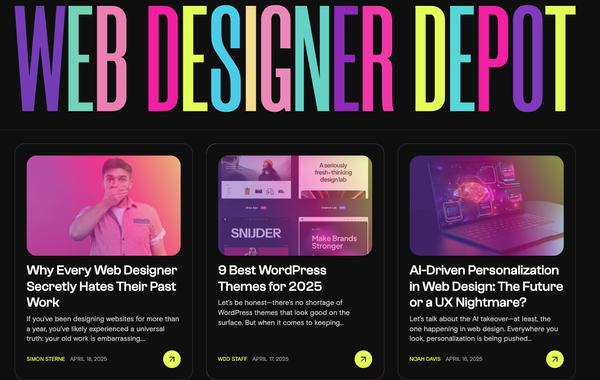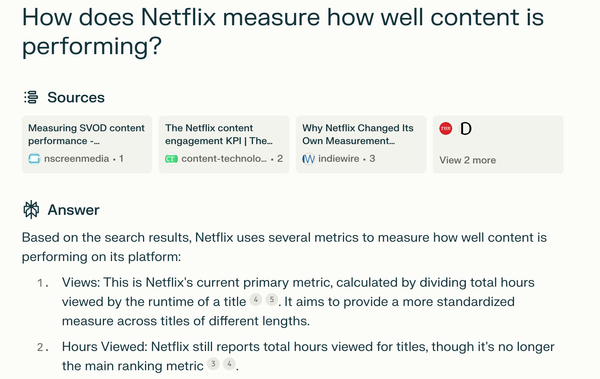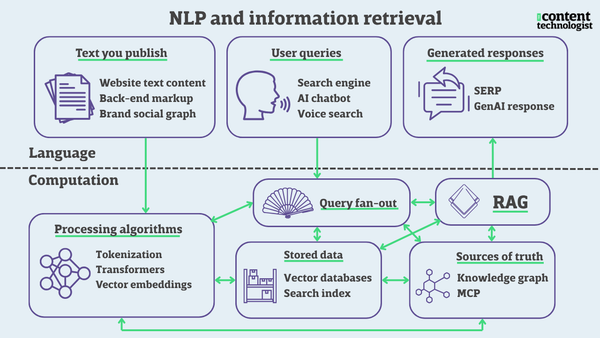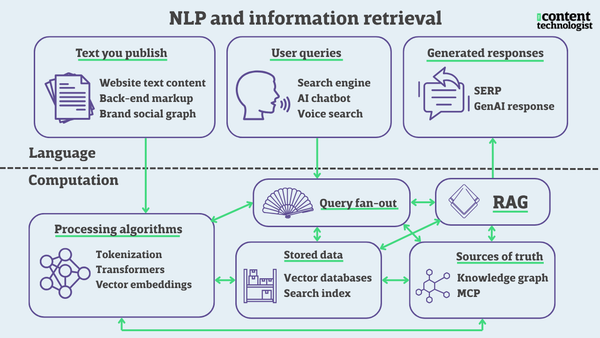
Perception, intention, and poetic license: What is the attention mechanism that powers LLMs?
The words we publish and hold up for peer review remain the best representation of our brains at work in the digital world. A published paper is the best way to look closely at the foundational assumptions of LLMs. And those begin with pop culture.











